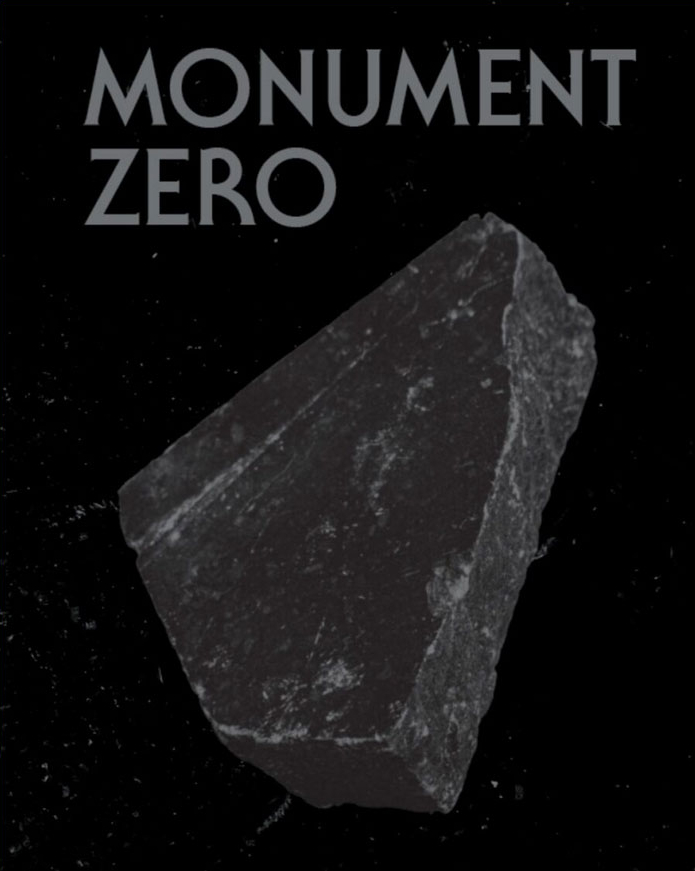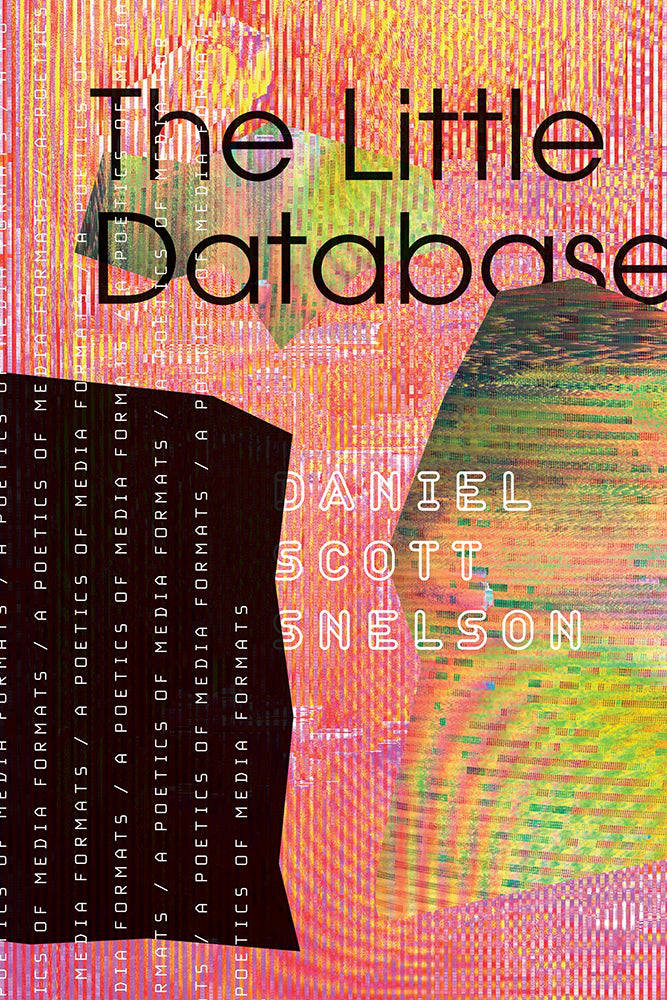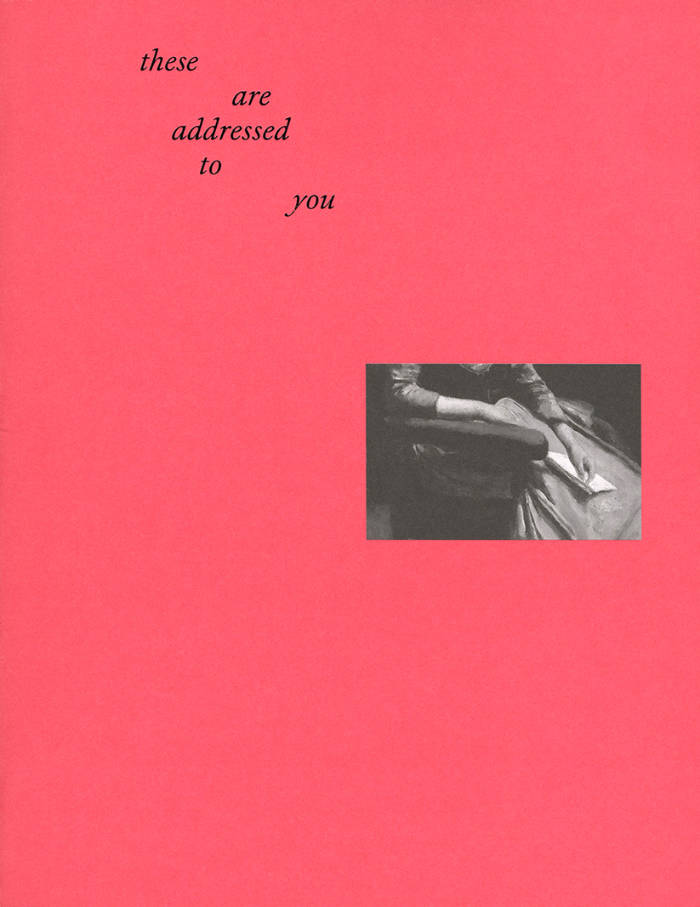
To the Other Side of the Concrete Wall
A collection of translated essays by feminists in Iran that attempts to imagine beyond walls of oppression by navigating the intersections of writing and the everyday becomings of a feminist revolution.
The book includes writings of Elaheh Mohammadi and Niloofar Hamedi, the journalists who were arrested in September 2022 after covering the news of Jina Amini’s murder. Niloofar and Elaheh are still in Tehran’s notorious Even prison today. To the Other Side of the Concrete Wall also includes an essay on the experience of arrest and detention at Evin prison told from the perspective of an anonymous writer who was incarcerated following the Jina Uprising which started about a year ago. These pieces together with two essays by Elaheh and Niloofar’s friend and editor-in-chief of the feminist platform Harass Watch, Ghoncheh Ghavami, are brought together and translated into English for the first time in the Other Side of the Concrete Wall.
To the Other Side of the Concrete Wall was seed-funded by BAK and published by Jina Collective. Jina Collective is a Netherlands-based feminist, leftist, anti-capitalist, anti-sexist, and pro-LQBTQ+ activist group that emerged from the Jina Uprising.
Language: English





